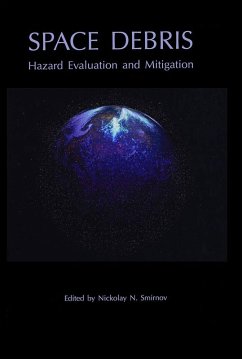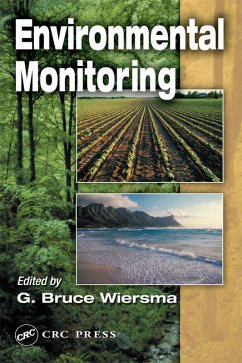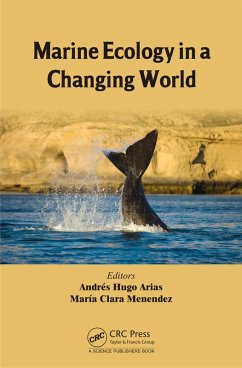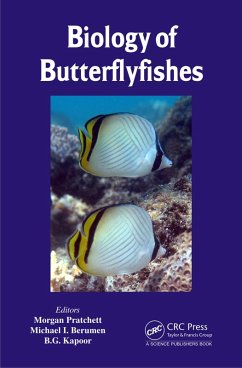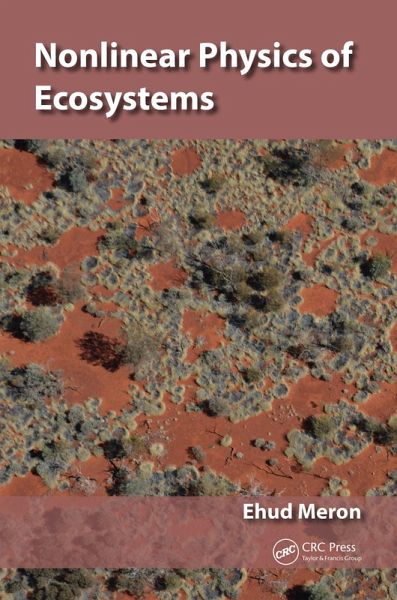
Nonlinear Physics of Ecosystems (eBook, PDF)

PAYBACK Punkte
31 °P sammeln!
Nonlinear Physics of Ecosystems introduces the concepts and tools of pattern formation theory and demonstrates their utility in ecological research using problems from spatial ecology. Written in language understandable to both physicists and ecologists in most parts, the book reveals the mechanisms of pattern formation and pattern dynamics. It als
Dieser Download kann aus rechtlichen Gründen nur mit Rechnungsadresse in A, B, BG, CY, CZ, D, DK, EW, E, FIN, F, GR, HR, H, IRL, I, LT, L, LR, M, NL, PL, P, R, S, SLO, SK ausgeliefert werden.




